14 Dog Mating Risks That Every Owner Should Know
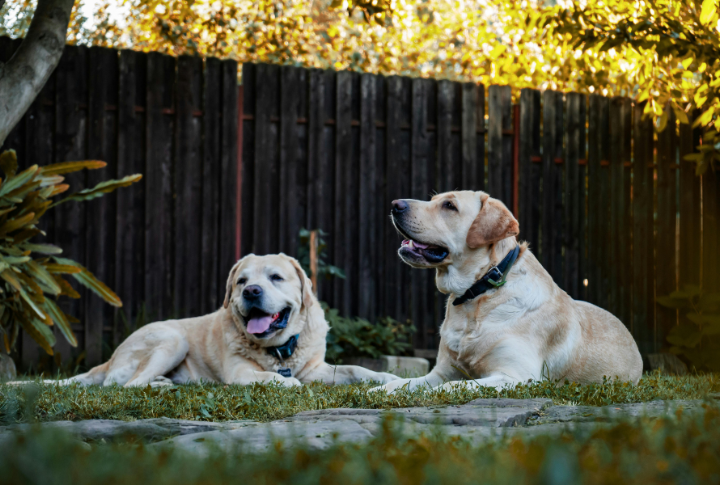
When it comes to dog mating, many owners may not think beyond the cute puppies. But there’s a lot more to it than meets the eye. Mating can expose your dog to several health issues, complications, and even emotional stress. Before you consider breeding—or even if you just want to be informed—it’s important to know the risks involved.
Aggressive Behavior Risks

If dogs are incompatible, forcing them to mate can make them behave aggressively. Dogs can easily become stressed if forced to mate when they are not ready or interested. This stress can lead to irritability and aggression, which may cause them to fight, bite, or scratch each other during mating.
Physical Injury Risks

Dogs who are not in the mood to mate often fight and may get injured in the course of things. You will notice them clawing at one another or sometimes biting each other when this occurs, which might cause bleeding. Be present and constantly ensure the mating process is not forced to avoid such risks.
Infectious Disease Risks

During mating, dogs may contract sexually transmitted illnesses like canine herpesvirus and brucellosis. These disorders can have grave medical consequences for dogs and their progeny. Hence, before mating dogs, do proper health inspections to ensure they are free of any diseases.
Pregnant Dog Miscarriage Risks

In dogs, pregnancy has several hazards, like infections and miscarriages. If you own a pregnant dog, you should constantly take the dog for a veterinarian check-up. Veterinary doctors will administer treatments that ensure the pregnant dog is in good health while carrying the pregnancy.
Inbreeding In Dogs Risks
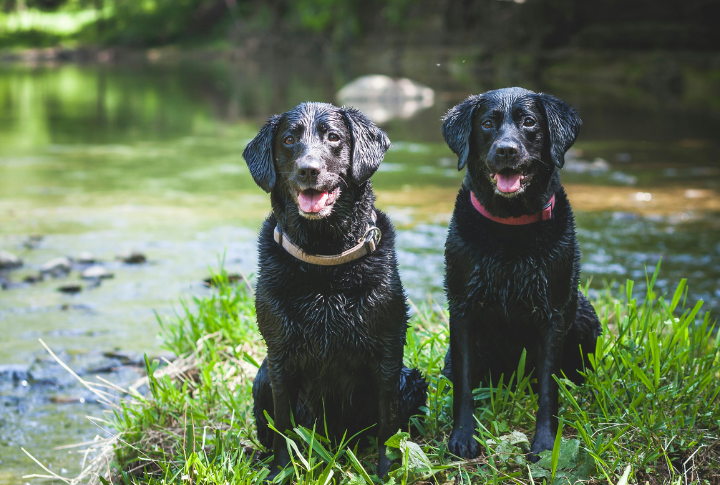
Two related dogs mating to create puppies is known as inbreeding. When inbreeding happens, the likelihood of genetic abnormalities results in health issues for their offspring. Inbred dogs are more prone to have disorders, including immunological deficits, cardiac problems, and hip dysplasia.
Mismating Complications In Dogs

Mismating refers to the unintended or unwanted breeding of dogs. It can happen when a female dog mates with an unsuitable partner, leading to genetic defects, unwanted pregnancies, or behavioral issues in the offspring. To avoid these complications, check that the right dogs are mated.
Anxiety Complications In Dogs
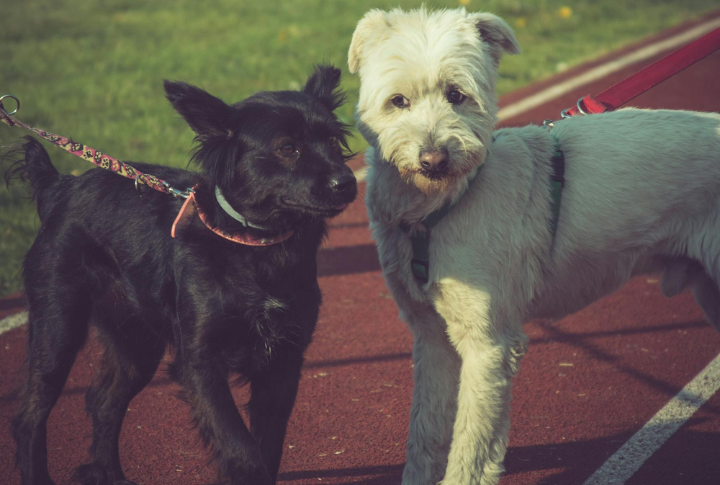
Anxiety in dogs during mating can lead to complications such as reluctance to mate, aggression toward their partner, and physical stress. Dogs may hesitate due to fear, an unfamiliar environment, or past negative experiences. The anxiety can also trigger aggression, making successful mating difficult.
Tie Complications In Dogs
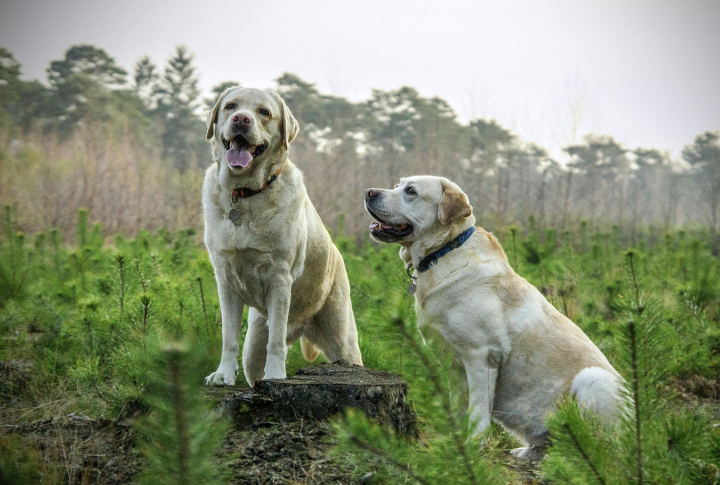
This is a critical phase in mating, during which the male and female dogs are locked together for up to 30 minutes. Trying to separate two tied dogs can be stressful and harmful, as it can cause the dogs involved to be in pain. Instead, owners should wait and allow the tie to complete naturally.
Difficult Births (Dystocia) Complications In Female Dogs
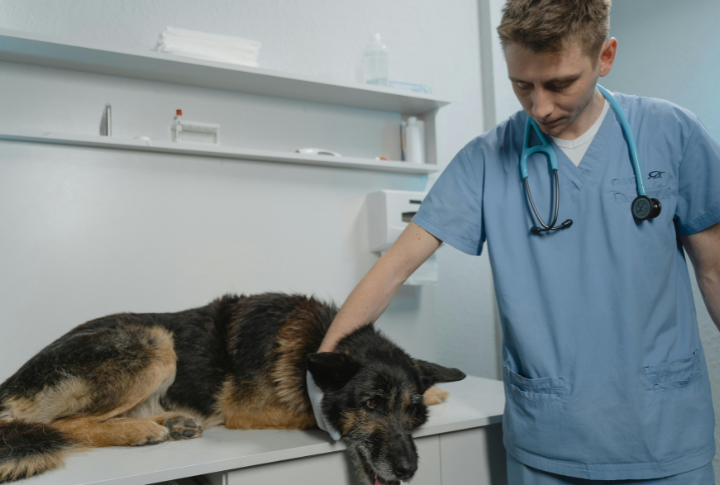
Dystocia refers to difficulty giving birth, which can be caused by factors such as large litter, small pelvic size, or malpositioned puppies. You should conduct vet care immediately to prevent harm to the mother and puppies. Knowing the signs of dystocia can help owners take timely action.
Post-Mating Complications in Male Dogs
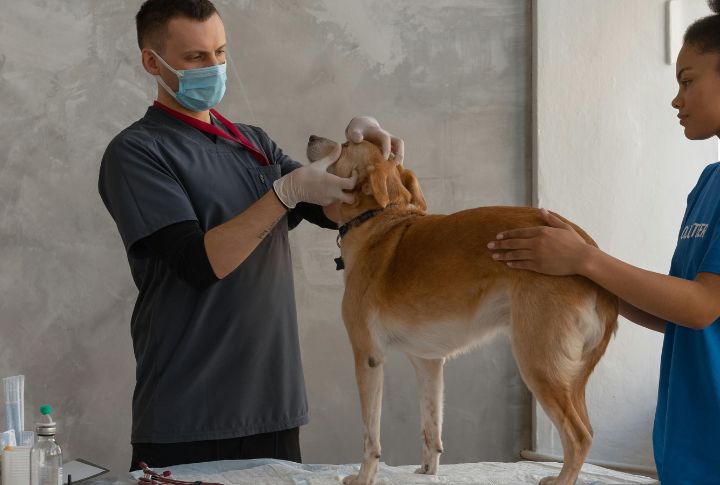
Male dogs can experience complications after mating, such as penile injuries or infections that can cause pain. Dog owners should inspect male dogs for signs of discomfort or health issues post-mating and seek veterinary care if needed. With proper veterinary care, your dog should be fine.
False Pregnancy Complications In Female Dogs

A false pregnancy might occur in female dogs after mating. This condition can cause behavioral changes, lactation, and nesting behaviors. Managing a false pregnancy involves monitoring the dog and providing comfort, with veterinary intervention if necessary.
Understanding Both Risks and Complications of Dog Mating

Breeding dogs involves understanding the complexities and potential risks of mating. By being informed and following responsible practices, dog owners can minimize risks and complications associated with dog mating.
Importance of Veterinary Support
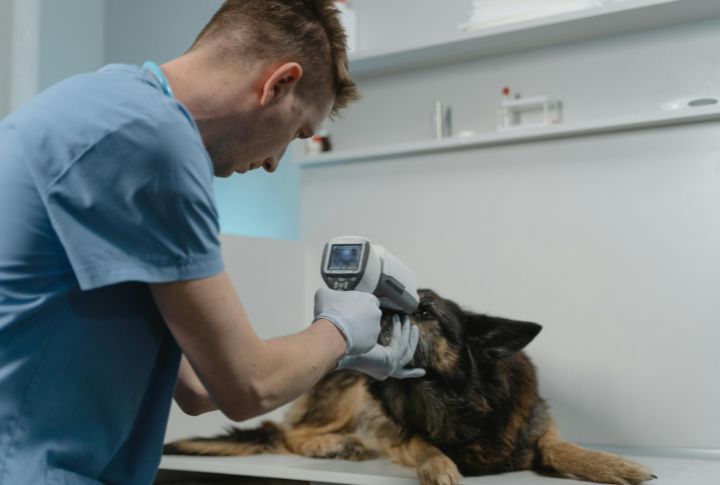
As a dog owner, you should embrace veterinary care for your pet. Veterinary support is crucial in managing dog breeding, from pre-breeding exams to emergency care. Regular health checks and professional guidance can help ensure a safe and healthy breeding process for male and female dogs.
Legal and Ethical Considerations

Dog owners and breeders have legal responsibilities, including licensing and adhering to breeding regulations. Ethically responsible breeding practices are vital to prevent pet overpopulation and ensure dogs’ and puppies’ health and well-being.





